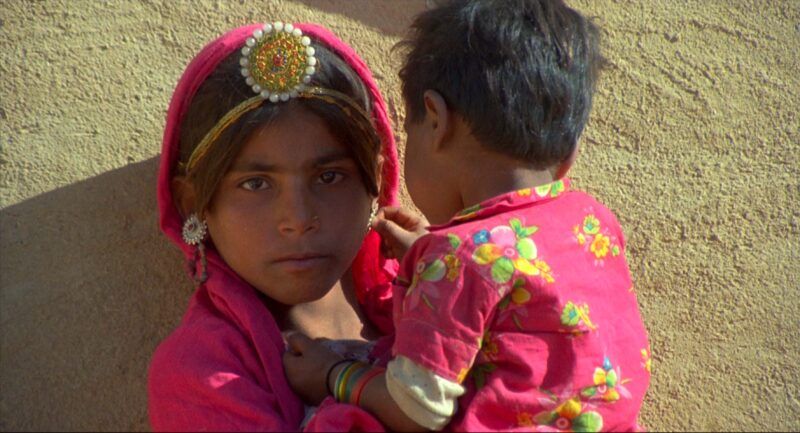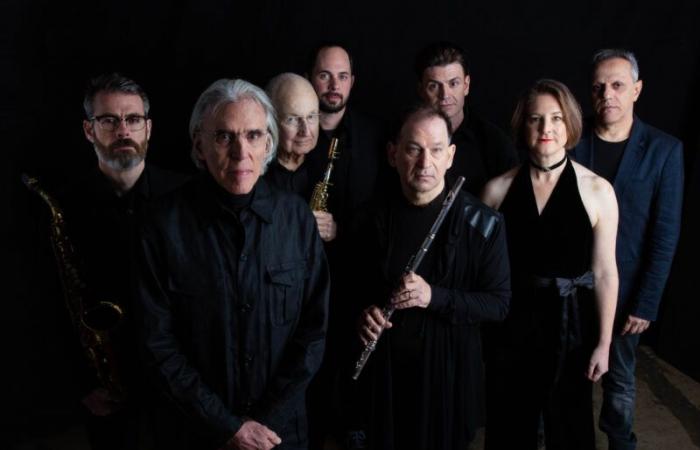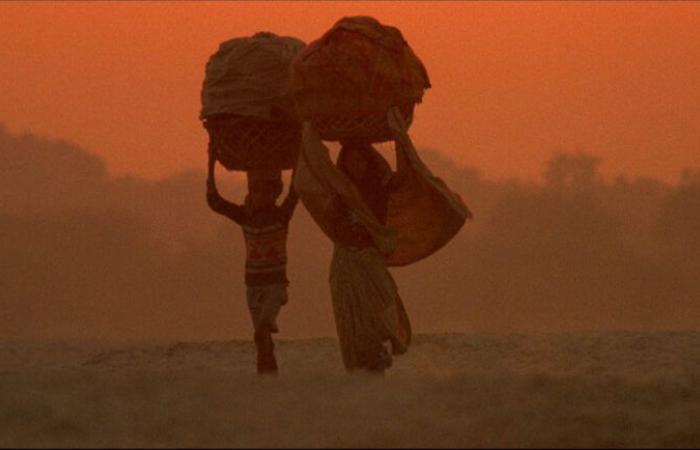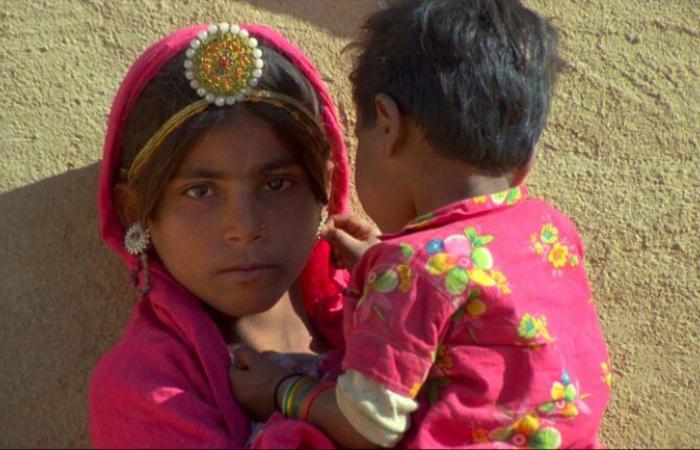Anthem part 2, one of the songs that Philipp Glass composed for Powaqqatsithe second film in the trilogy created with Godfrey Reggio, was reused in The Truman Show, in the scene in which the protagonist becomes aware of the fiction he is living. He is alone one of numerous, significant traces that the collaboration between composer and director has left on our visual and sound imagination; a fortunate encounter between music and cinema that Ravenna Festival is proposing night after night at the Alighieri Theatre. Saturday 22 June, at 9pmis scheduled projection of Powaqqatsi with the original soundtrack performed live by the Philip Glass Ensemble directed by Michael Riesman, the Orchestra della Toscana and the children’s choir of the Accademia del Maggio. From the Hopi neologism meaning “parasitic life” or “life in transition”, Powaqqatsi it opens our gaze to the transformations from the rural to the urban and industrial landscapefrom ancestral rhythms to the acceleration of progress, from the sense of community to the solitude of the masses, in an itinerary through the Third World. The triptych ends on Sunday 23 June with Naqoyqatsi: Life as War, in the full version for orchestra which will have its world premiere in Ravenna. The Qatsi Trilogy events are possible thanks to the support of Pirelli.
“As in Koyaanisqatsialso in Powaqqatsi titles are the only words included – underlined Philip Glass when talking about the trilogy –. The journey we take from armchair to image is the process by which we make the image and the music our own. If this is missing, we will never establish a personal connection with the film. According to Godfrey, the word hopi powaqqatsi it is a compound term: powaqa describes ‘an evil sorcerer who lives by consuming the life forces of other beings’ and qatsi means ‘life’. Much of the film was shot in South America and Africa, and one of the main themes is the idea that the Northern Hemisphere of the planet is consuming the Southern Hemisphere. At one point, much of the Southern Hemisphere was industrialized like the northern one, becoming its mirror”.
Philip Glass accompanied the crew during part of the filming and met local musicians, ending up enriching the soundtrack with ideas and instruments from the musical traditions of those regions (among the most significant moments is the one in which the joyful voices of South American children accompany the men who, in the gold mines of Serra Pelada, carry one of their companions out of the pit). After all, for the minimalism of which Glass is one of the undisputed masters it was essential to also draw inspiration from musical practices far from the Western canon – think of the influence of the Indian raga and many other sound references ranging from Africa, the Middle and Far East, Latin America.

In the very first part of Powaqqatsimultiple exposure – one of the different techniques used, alongside slow motion and time-lapse – shows us one rotating head that multiplies into different and opposite faces. The allusion is to Janus, god of beginnings, ends and transitions; a natural patron of this film, which focuses precisely on social, economic and technological change and its impact on human communities. As scenes of prayer and religious meditation are juxtaposed with the new rites of the mass media, while life in small villages is replaced by the claustrophobic crowding and infernal traffic of large metropolises, which have exploded in lands of ancient civilizations such as China, Africa and India. The shots recall the reportages from the Third and Fourth Worlds of a photographer like Sebastião Salgado, full of a touching humanity, because it is dignified and tenacious in the fight for survival and emancipation.
“More than a political invective, Reggio’s work seems to be a spiritual and ethical reflection, a meditative and almost biblical approach – explains Franco Masotti, co-artistic director of Ravenna Festival – more than to the power and wonder, not always benevolent, of creation and creatures. And as for humanity, a fatal awareness of the precarious capabilities of survival and pursuit of hope, not always rewarded. Perhaps, as Reggio says, only pessimists can change the world.”
Info and presales: tel. 0544 249244 – www.ravennafestival.org. Show tickets: single numbered seat 35 euros (reduced 32). Young people at the Festival: under 18 5 euros; National Youth Card (18-35 years): 50% discount.








